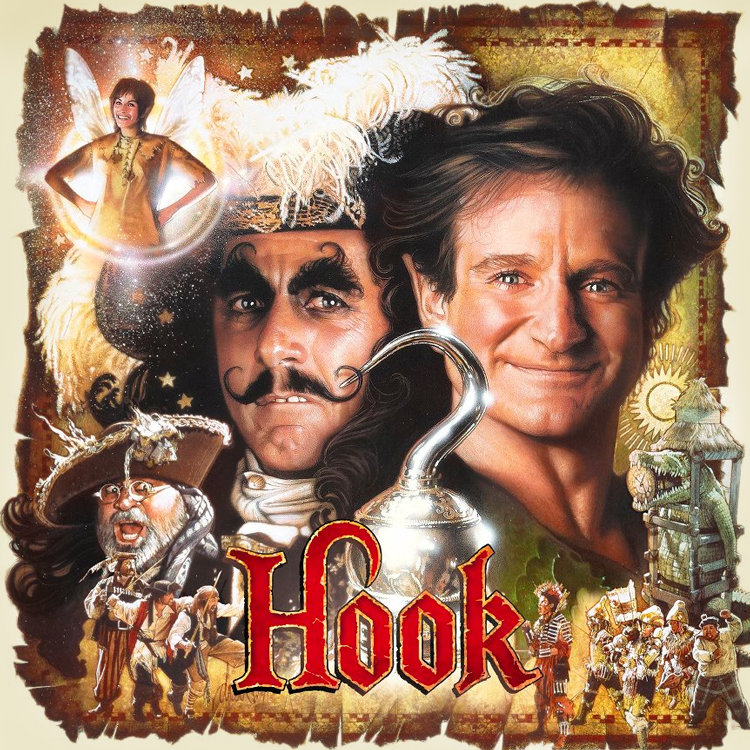
by Rebelle Summers | Jun 13, 2023 | Blog
In jolly ol’ London Town where I’ve been residing off and on for the past year Spring is just beginning to get into its groove despite it being nearly summertime, foxes are pooping in forgotten pint glasses outside the pub, and an old rich white man was draped in gold...

by Michele Kirichanskaya | Nov 13, 2020 | Blog
K. Ancrum is the author of the award winning thriller THE WICKER KING, a lesbian romance THE WEIGHT OF THE STARS and the upcoming Peter Pan thriller DARLING. K. is a Chicago native passionate about diversity and representation in young adult fiction. She currently...




